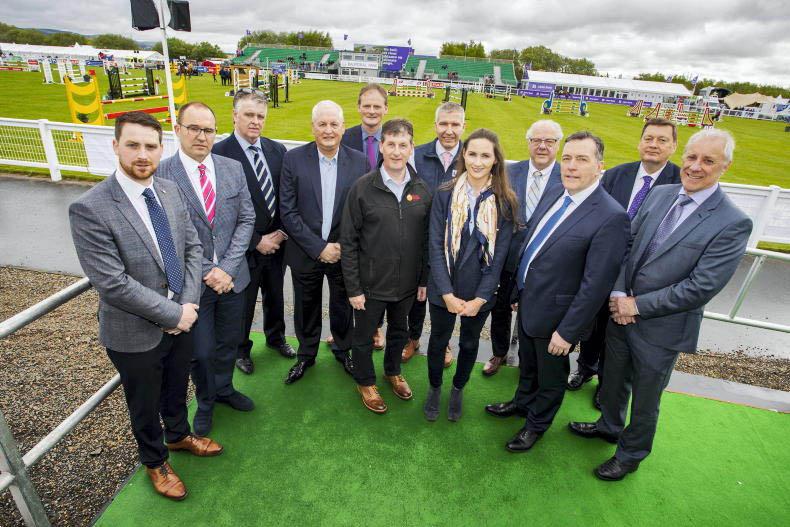A new programme for collecting information about each farm’s carbon emissions will start next month.
The first farmers selected will be notified from next week onwards and the data will be collected during routine NI beef and lamb farm quality assurance scheme (FQAS) inspections.
The initiative is being led by the newly formed NI carbon steering group which is made up of representatives from farmer organisations, meat factories, dairy processors, and other agri-food bodies.
The initial plan is the first 100 FQAS participants will be used to test and streamline the data collection process. The programme will then become a requirement under FQAS and will be rolled out to all 12,000 scheme participants.
Eventually, the carbon programme will be extended to all NI farms and there have been suggestions that it will become a requirement to claim the new Farm Sustainability Payment, which will be the main replacement to the current Basic Payment Scheme.
“The NI carbon steering group is working in partnership with DAERA to create a programme which will help all farm businesses understand where they are on this carbon journey,” reads a statement from the group.
Ulster Farmers’ Union president David Brown, who chairs the NI carbon steering group, said the programme is being developed “with the farmer in mind at all times”.
“It needs to be workable for them, ensuring an accurate and efficient process that causes minimal disruption to the farm business,” he said.
Data on carbon emissions will be collected on a “whole-farm” basis, which means information from other farm enterprises will be required, such as dairy, pigs or poultry, even though the programme is initially being rolled out as part of the NI beef and lamb FQAS.
George Mullan, who chairs the NI Food and Drink Association and is managing director of the ABP Food Group NI, said the initiative was needed to help meet upcoming climate change targets.
“We want to ensure that appropriate solutions are provided to measure carbon emissions and identify innovative ways to reduce emissions,” he said.
“As a group, we’ve been able to lead from the front to develop a market strategy and support farmers to intercept potential livestock reductions,” Mullan added.






 This is a subscriber-only article
This is a subscriber-only article









SHARING OPTIONS: